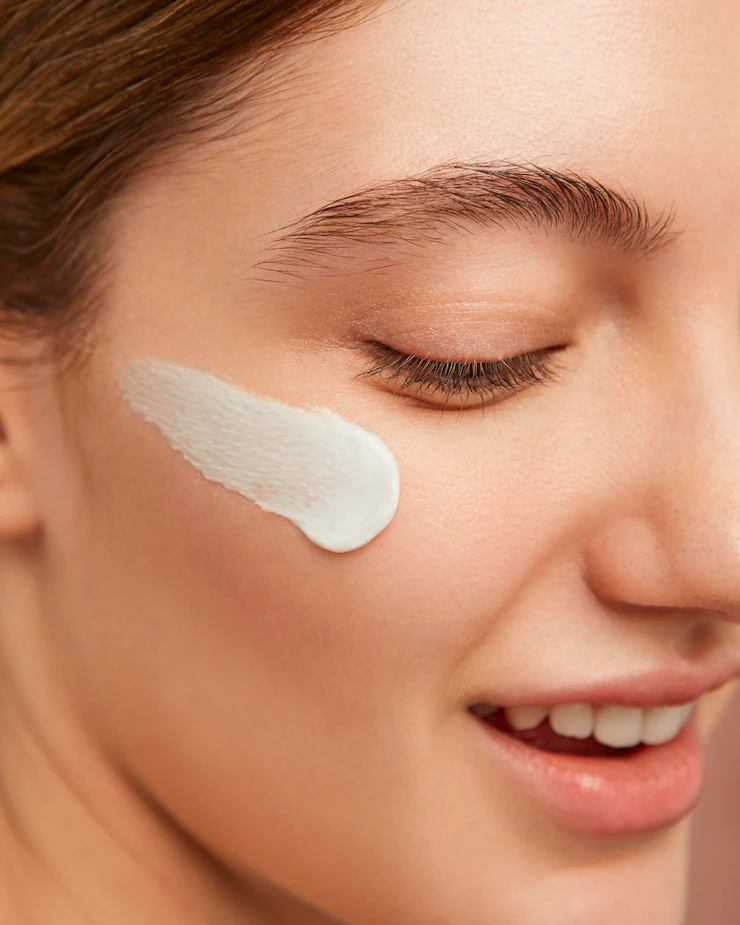- Home
- Halal makeup
- Do makeup products have to be vegan for Muslims?
Do makeup products have to be vegan for Muslims?

This post is especially important for brands who wish to include Muslim consumers into your market. I will answer this confusing question of whether makeup products have to be vegan for Muslims, in just a bit.
Other articles that may interest you
Is Halal makeup vegan? - The Ultimate Guide
Makeup Ingredients That Are Not Halal
Halal-certified and Halal-compliant - What's the difference?
Why do Muslims prefer Halal makeup over others?
Muslims follow strict regulations especially in their food intake:
- raw meat processed following Islamic slaughter methods
- raw food ingredients must not be processed in the same place with impermissible food ingredients such as pork, lard
- and others
Hence, they will naturally prefer cosmetics that are Halal-compliant or made with Halal ingredients.
This is because Muslims have a standard lifestyle. Anything outside these standards, they are considered not Halal which basically means not safe and sometimes not clean.
It is similar to vegetarians who prefer to use vegan cosmetics.
So, does cosmetics have to be Vegan for Muslims?
There are only 2 types of Muslim consumers for cosmetics. She is either:
- a strict believer
- or not!
So, do makeup products have to be vegan for Muslims?
The answer is:
It depends on which type of Muslim consumer you are targeting and where you sell your products at.
If she is a strict believer, her beliefs and philosophy is within the Halal boundaries. Her cosmetics do not contain any of these materials.
Strict Muslim consumers are very cautious of what they eat, wear and where their food and money come from. It is impossible to tell whether one is a strict Islamic believer or not.
So if your target customers are from the Muslim community but you cannot afford to get Halal-certifications yet, I suggest you can label your products as (apart from Vegan):
- Muslim-friendly (this is different from wudhu-friendly)
- Muslim-owned (if your business is owned by Muslims)
- Halal-compliant (no Certifications but from Halal sources)
- contains Halal ingredients (no Certifications but from Halal sources)
Take note, if you label your products as:
- Vegan + Halal
- Vegan-friendly + Muslim-friendly
- Vegan + Halal-compliant
- and get a real Muslim model to advertise your products
I think there will be more Muslim customers who are ready to buy because you use non-animal + Halal ingredients.

How to know whether an ingredient is Halal or Halal-compliant?
I understand that this can be quite tough for the non-Muslims.
If you can afford to employ a Muslim staff, he or she can help you in the process of choosing the right ingredients.
However, if you are a solopreneur like me, you must always check with your suppliers on the ingredient's source and/or process involved.
If the product is vegan + processed without alcohol, it most likely falls into the category Halal-compliant.
Please check with the distributor or supplier for clarifications.
There are some things that automatically considered Halal, so checks are not necessary, such as:
- plant, plant materials on its own such as Flowers, Fruits, Herbs
- animal such as Fish, Snails
As long as the ingredients above are not processed with alcohol, they are Halal.
How to gain trust from Muslim consumers?
There are various things you can do:
- get Halal certifications
- use ads in FB, IG and YouTube
- use Muslim influencers who have large Muslim followers
- use Muslim models
- publish in local radios and newspapers
Do not approach the mosques or prayer halls because it is a place of worship.
We do not discriminate
Just like other religions, the Muslims community do not discriminate people, brands and businesses.
Labelling your products as Vegan, Vegan-friendly, Muslim-friendly is absolutely sufficient for Muslims to understand what your brand is about.
We truly regret if we cannot buy your products because it contains ingredients that are not Halal and/or from unknown sources.
What would make us upset is, if you are using animal ingredients or animal by-products that are not Halal, but still labelled them as Vegan or Muslim-friendly.
The Muslim community is very united regardless of race, language and country. If you already got Halal certifications, congratulations! You can sell to any Muslim consumers from all over the world.
If you have other questions pertaining to Halal cosmetics, Halal cosmetics ingredients, processes etc, feel free to contact me directly.
I have aunts and cousins who are certified Asatizah so they are able to help us in our work.
❤️ Share with your friends! ❤️

